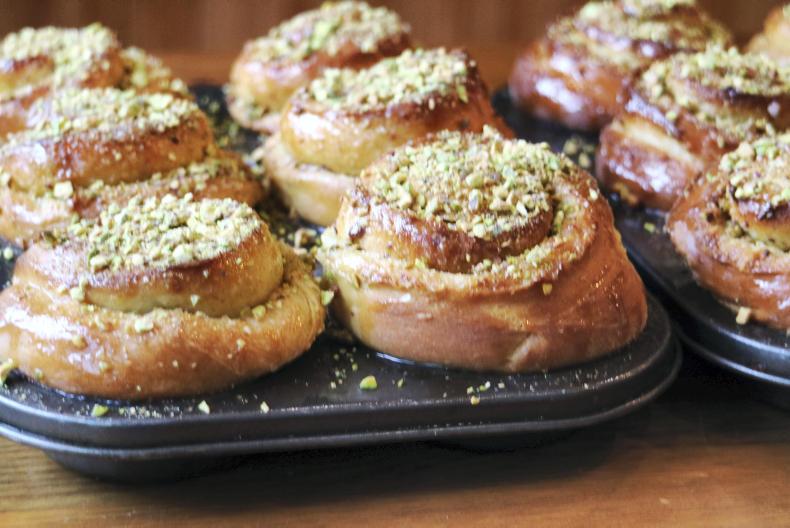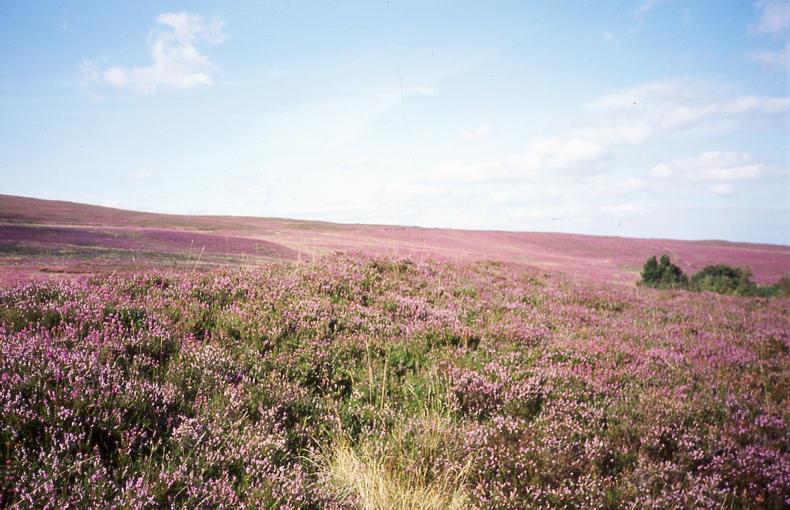What is it about beekeeping that makes people want to take it up?
Perhaps it may be the taste of fresh honey from the beehive, laid out on a table at a local market where customers may be encouraged to taste it. Once quality honey is tasted, the customer is challenged by the unique flavours and the lingering taste left in the mouth that it becomes almost compulsive to want more. The brain is quick to differentiate the flavour of pure Irish honey against many of those on the supermarket shelf, which may be imported and cheaper.
In beekeeping, honeybees have evolved for survival in their respective areas
I am reminded of the bear, “Winnie the Pooh”, prepared to take the honey from bees who are also prepared to defend their store by the only mechanism available to them, which is, the use of their sting, all for the sake of a few mouthfuls of honey. Beekeepers may not be as brave as the bear, but most relish the challenge of handling and working with bees. We may not go to the same trouble as the bear did, to interfere with the beehive or take the bees’ hard won honey, but we have techniques and do protect ourselves. Bravado is not something to play with, since bee stings, may in some cases, prove fatal. It is the need for a fix of honey that drives us on.
Getting started
Many beekeeping associations across the country run courses for beginners. Getting a hive of bees and trying to learn as one goes, is fraught with many difficulties and disappointments. For this reason, it is best to do one of these courses to get the best start. Apart from getting some honey, it will be the added value of the bees to the environment that will be important. The honeybee, through sheer numbers, are very important pollinators, but we must always keep in mind the vast numbers of bumble bees and solitary bees doing exactly the same job, albeit perhaps, on a variety of different plants.
Nowadays most people are well aware of the impact of invasive species and the problems stemming from them. In beekeeping, honeybees have evolved for survival in their respective areas. In Ireland the dark native bee (Apis mellifera mellifera) is most suited to our climate. She is in a very pure state at present, so any dilution of their gene pool, on mating with bees of a different breed, can lead to bees unable to survive our climate and may have defensive traits that would leave “Winnie the Pooh” or our well clad beekeepers wondering how we are going to get the honey. The local beekeeping associations are always ready to offer help and advice on getting bees.
So, if the need is to satisfy a sweet tooth, then help the bees or improve their environment so that they can continue to survive and fill their hives with honey. We can do a lot within the confines of our homes to aid bees in general. It is often the multiplicity of small things we do or don’t do in our gardens that can make a big difference to the lives of bees.
Read more
A hive of activity on Tykillen Farm
Producing top quality honey
What is it about beekeeping that makes people want to take it up?
Perhaps it may be the taste of fresh honey from the beehive, laid out on a table at a local market where customers may be encouraged to taste it. Once quality honey is tasted, the customer is challenged by the unique flavours and the lingering taste left in the mouth that it becomes almost compulsive to want more. The brain is quick to differentiate the flavour of pure Irish honey against many of those on the supermarket shelf, which may be imported and cheaper.
In beekeeping, honeybees have evolved for survival in their respective areas
I am reminded of the bear, “Winnie the Pooh”, prepared to take the honey from bees who are also prepared to defend their store by the only mechanism available to them, which is, the use of their sting, all for the sake of a few mouthfuls of honey. Beekeepers may not be as brave as the bear, but most relish the challenge of handling and working with bees. We may not go to the same trouble as the bear did, to interfere with the beehive or take the bees’ hard won honey, but we have techniques and do protect ourselves. Bravado is not something to play with, since bee stings, may in some cases, prove fatal. It is the need for a fix of honey that drives us on.
Getting started
Many beekeeping associations across the country run courses for beginners. Getting a hive of bees and trying to learn as one goes, is fraught with many difficulties and disappointments. For this reason, it is best to do one of these courses to get the best start. Apart from getting some honey, it will be the added value of the bees to the environment that will be important. The honeybee, through sheer numbers, are very important pollinators, but we must always keep in mind the vast numbers of bumble bees and solitary bees doing exactly the same job, albeit perhaps, on a variety of different plants.
Nowadays most people are well aware of the impact of invasive species and the problems stemming from them. In beekeeping, honeybees have evolved for survival in their respective areas. In Ireland the dark native bee (Apis mellifera mellifera) is most suited to our climate. She is in a very pure state at present, so any dilution of their gene pool, on mating with bees of a different breed, can lead to bees unable to survive our climate and may have defensive traits that would leave “Winnie the Pooh” or our well clad beekeepers wondering how we are going to get the honey. The local beekeeping associations are always ready to offer help and advice on getting bees.
So, if the need is to satisfy a sweet tooth, then help the bees or improve their environment so that they can continue to survive and fill their hives with honey. We can do a lot within the confines of our homes to aid bees in general. It is often the multiplicity of small things we do or don’t do in our gardens that can make a big difference to the lives of bees.
Read more
A hive of activity on Tykillen Farm
Producing top quality honey









SHARING OPTIONS